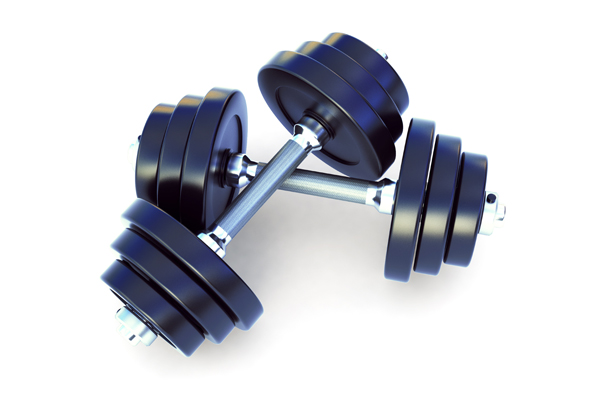Squash Facts:

Nutrition Facts
Serving Size 1 Cup - Cooked
Servings Per Container 1
Amount Per Serving
Calories 82
Calories from Fat 0
% Daily Value*
Total Fat 0g
0%
Saturated Fat 0g
0%
Trans Fat 0g
Cholesterol 0mg
0%
Sodium 8mg
0%
Total Carbohydrate 22g
7%
Dietary Fiber 0g
0%
Sugars 4g
Protein 2g
Vitamin A
457%
Vitamin C
52%
Calcium
8%
Iron
7%
Vitamin E
13%
Vitamin K
3%
Thiamin
10%
Riboflavin
2%
Niacin
10%
Vitamin B6
13%
Folate
10%
Pantothenic Acid
7%
Magnesium
15%
Phosphorus
6%
Potassium
17%
Zinc
2%
Copper
7%
Manganese
18%
Selenium
1%
*Percent Daily Values are based on a 2,000 calorie diet. Your daily values may be higher or lower depending on your calorie needs.
PQ (Protein Quality) x PDCAAS (Protein Digestibility Corrected Amino Acid Score) - 55
Additional Contents
- lutein
- zeaxanthin
- bioflavonoids
- beta-carotene
- alpha-carotene
- beta-cryptoxanthin
- complex carbohydrate
Potential Health Benefits
- powerful DNA protection
- powerful eyesight support
- powerful skin disease protection
- immune system health boost
- bone & joint health boost
- digestive health boost
- anti-aging properties
- lower "bad" cholesterol
Potential Athletic Benefits
- Great source of complex carbohydrates to provide for long term energy demands.
- Powerful recovery characteristics from a superior complex carbohydrate profile (when consumed before and after exercise).
- Hydration properties for prolonged exercise demands.
- Soothing for the skeletal system after intense exercise.
Glycemic Index Rank
<15 out of 100
| Rank | Value |
|---|---|
| Low Glycemic | less than 55 |
Food Sensitivity Rank
<1 to 1 ratio
| Rank | Value |
|---|---|
| Low for Fructose Sensitivity | less than 1 (fructose to glucose ratio) |
Squash is a well-rounded vegetable. It may hold superior anti-cancer properties due to its ability to help protect DNA compromise from free radical damage. Squash also is a great source of complex carbohydrates and vitamin A for energy demands and vision support.
- Carotenoids as Natural Antioxidants
- Structures of New Glycosides from the Seeds of Cucurbita Moschata
- Advance in Studies on Anti-Cancer Activity and Mechanisms of Flavonoids
- Carotenoids and their Conversion Products in the Control of Adipocyte Function
- Intakes of Lutein, Zeaxanthin, and Other Carotenoids and Age-Related Macular Degeneration

vitamin A
is an essential vitamin found abundantly in many fruits and vegetables. Its purpose inside our body is to support immune system function, stem cell differentiation, wound healing, and red blood cell development. Deficiency symptoms may be rough, dry skin or difficulty seeing in dim light.
Sources include: USDA
***All-Body Fitness takes no responsibility for the accuracy of the information provided above. Please contact a medical doctor or a registered dietitian for nutrition advice.




 Fitness
Fitness Nutrition
Nutrition